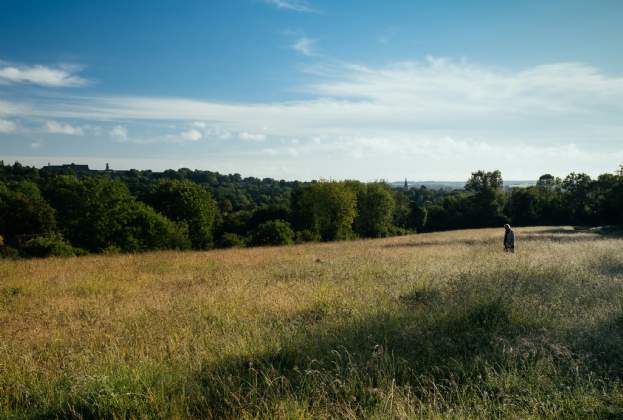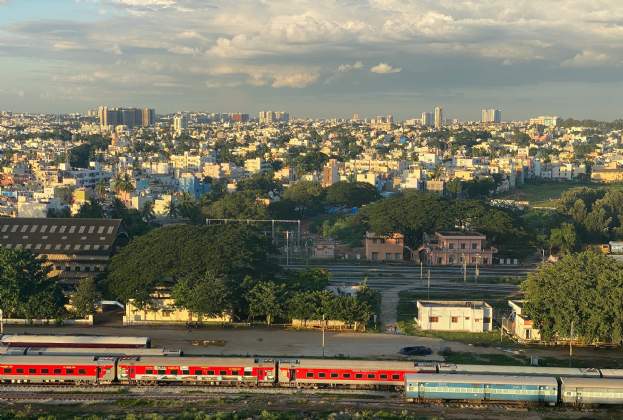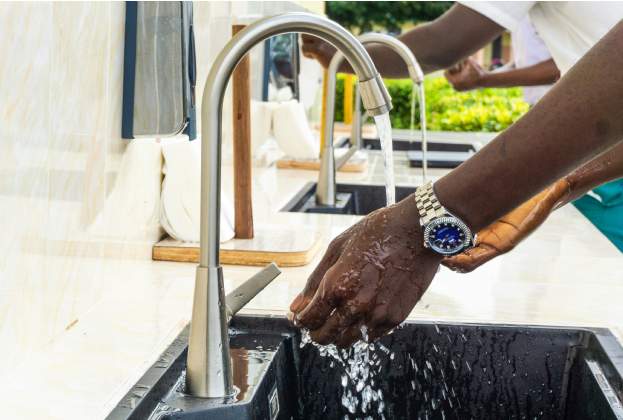From 19-year-old university students to 70-year-old couples, most people would put ‘travel more’ near the top of their wish lists when asked what they would do more of if money were no object.
But the way we holiday is changing: 10 years ago no-one could have imagined that you would actively choose to spend your holiday in a stranger's spare room, using your phone to make the booking online.
While it’s impossible to anticipate every advance in technology, we can make some predictions, based on today’s trends, of how European holidays are likely to change in the next decade.
With most Western countries having ageing populations, more ‘silver travellers’ will visit Europe. But these retirees are not likely to be choosing traditional coach tours. Holidaymakers who are 65+ in 2030 will have been born in the 1960s and therefore among some of the first to experience mass cheap air travel. Their expectations of what they want to do on holiday will be very different to those of today’s retired travellers who were born in earlier decades and, with many also likely to be in good health, these silver travellers will want to partake in activities and experiences more similar to their younger counterparts.
By 2030, instead of old and young travellers choosing different destinations, therefore, expect young and old to be mingling in the same resorts and destinations, with hotels, shops, restaurants and bars all competing to attract a more eclectic mix of visitors.
Alongside increasing volumes of older travellers, more people will also choose to travel alone to give themselves the utmost freedom in how they holiday. With the sense of being connected 24/7 via their smartphones, and the ability to call for assistance if required, solo travellers will be more confident and increasingly likely to venture beyond traditionally ‘easy’ city destinations.
The hospitality industry will become more accommodating of these travellers’ needs, with hotels possibly removing or reducing the supplements solo guests often pay for double rooms or designing rooms specifically for single travellers.
Lastly, increasing use of social media will see travellers seeking to ‘access the inaccessible’. With few countries lying undiscovered by 2030, travellers will hunt for spots that enable them to impress their followers and peers in other ways. Destinations that challenge expectations, were previously perceived as risky or are very hard to access will be in demand.
Extreme and ostentatious activities will also gain in popularity for the same reason, with travellers spending more on specialist local guides to help them find and organise adventures.
Further information
Read more: Megatrends Travel
.jpg)
.jpg)
.jpg)
.jpg)
.jpg)
.png)
.jpg)
.jpg)


